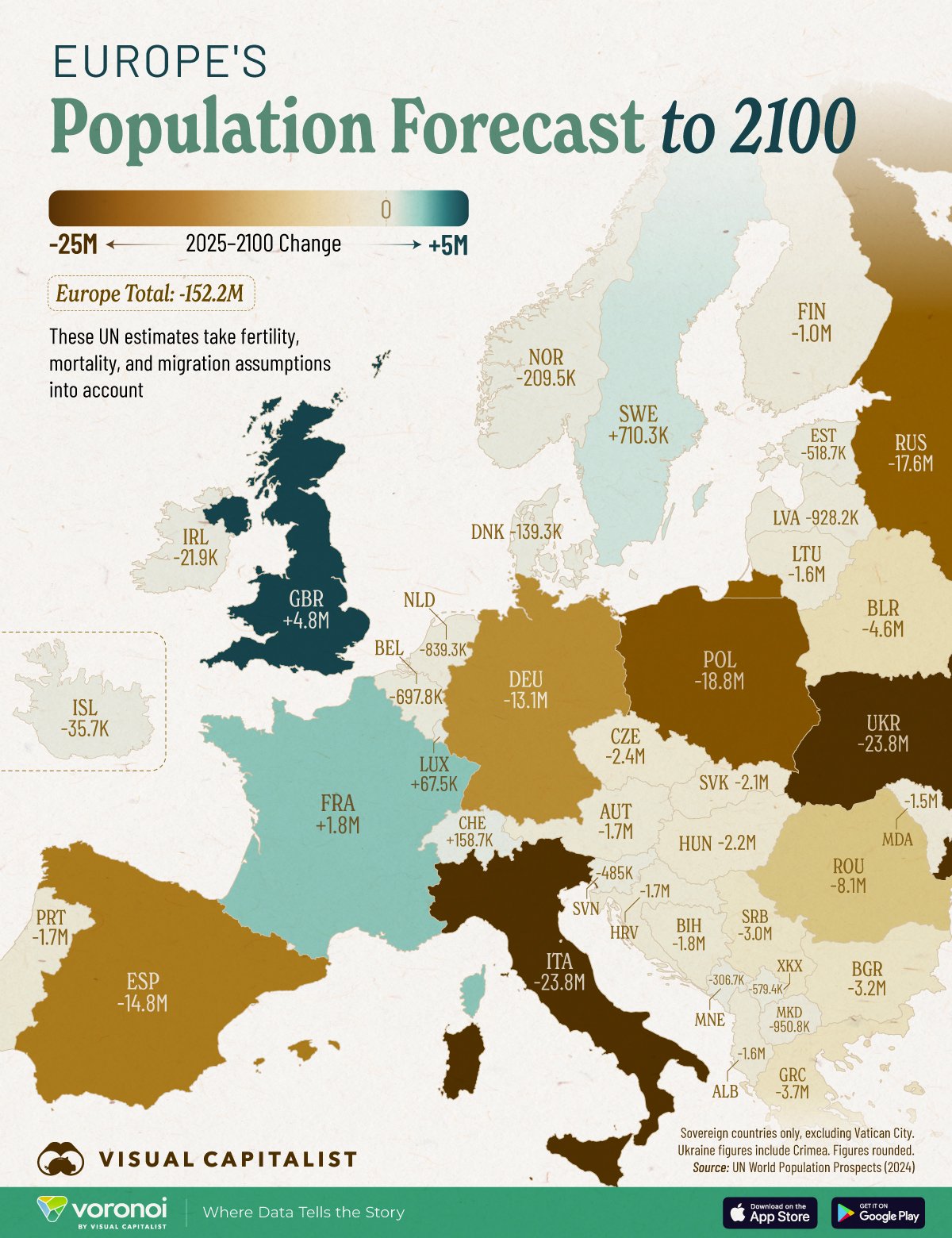Europe
2235 readers
1129 users here now
News and information from Europe 🇪🇺
(Current banner: La Mancha, Spain. Feel free to post submissions for banner images.)
Rules (2024-08-30)
- This is an English-language community. Comments should be in English. Posts can link to non-English news sources when providing a full-text translation in the post description. Automated translations are fine, as long as they don't overly distort the content.
- No links to misinformation or commercial advertising. When you post outdated/historic articles, add the year of publication to the post title. Infographics must include a source and a year of creation; if possible, also provide a link to the source.
- Be kind to each other, and argue in good faith. Don't post direct insults nor disrespectful and condescending comments. Don't troll nor incite hatred. Don't look for novel argumentation strategies at Wikipedia's List of fallacies.
- No bigotry, sexism, racism, antisemitism, dehumanization of minorities, or glorification of National Socialism.
- Be the signal, not the noise: Strive to post insightful comments. Add "/s" when you're being sarcastic (and don't use it to break rule no. 3).
- If you link to paywalled information, please provide also a link to a freely available archived version. Alternatively, try to find a different source.
- Light-hearted content, memes, and posts about your European everyday belong in !yurop@lemm.ee. (They're cool, you should subscribe there too!)
- Don't evade bans. If we notice ban evasion, that will result in a permanent ban for all the accounts we can associate with you.
- No posts linking to speculative reporting about ongoing events with unclear backgrounds. Please wait at least 12 hours. (E.g., do not post breathless reporting on an ongoing terror attack.)
(This list may get expanded when necessary.)
We will use some leeway to decide whether to remove a comment.
If need be, there are also bans: 3 days for lighter offenses, 14 days for bigger offenses, and permanent bans for people who don't show any willingness to participate productively. If we think the ban reason is obvious, we may not specifically write to you.
If you want to protest a removal or ban, feel free to write privately to the mods: @federalreverse@feddit.org, @poVoq@slrpnk.net, or @anzo@programming.dev.
founded 7 months ago
MODERATORS
1
2
31
J. D. Vance launches ideological attack on Europe that highlights rift between EU and US
(english.elpais.com)
3
4
5
6
8
9
10
10
11
38
Italian ‘mystic’ may face trial after DNA match with blood on Virgin Mary statue
(www.theguardian.com)
12
13
51
EU’s Chief Diplomat Blasts U.S. Over Ukraine: ‘Why Are We Handing Russia What It Wants?’
(www.themoscowtimes.com)
14
15
84
Suspend Hungary’s Voting Rights to Save the EU’s Credibility, Former Lithuanian Minister Says
(carnegieendowment.org)
16
17
18
19
20
21
22
23
24
25
view more: next ›
